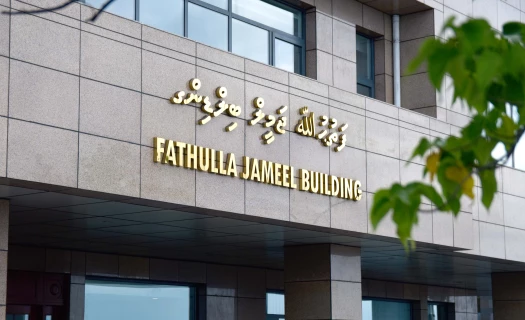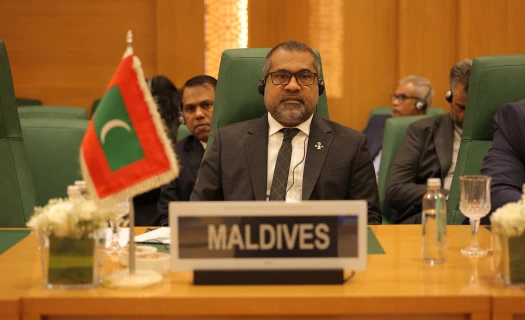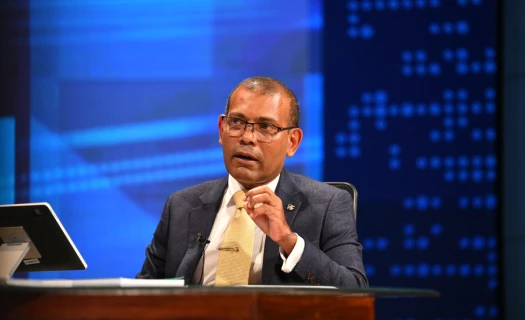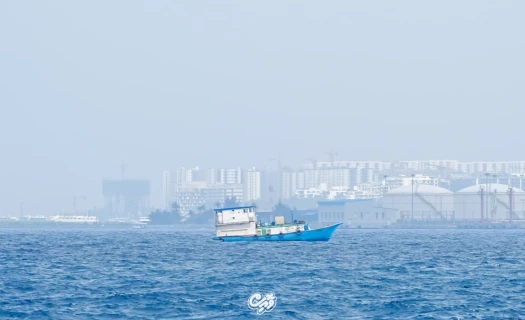Human Rights Watch raises concerns over Maldives' Gulhifalhu reclamation project

Human Rights Watch, an international non-governmental organization dedicated to human rights research and advocacy, has expressed deep concerns over the Maldivian government's handling of the Gulhifalhu reclamation project, emphasizing its potential detrimental impact on the environment.
In a statement released on February 29, the organization drew attention to the Maldives' vulnerability to climate change, with 80 percent of the archipelago's islands situated less than a meter above sea level.
The government, despite enacting significant environmental legislation such as the Environment Protection and Preservation Act, which mandates Environmental Impact Assessments (EIAs) for development projects, has faced criticism for its lax enforcement.
The statement highlighted the common practice of government ministries preapproving projects, rendering EIAs as mere formalities.
A former official from the Maldives Environmental Protection Agency revealed that published EIAs for specific projects often face rejection of most recommendations by officials.
The ongoing legal saga surrounding the Gulhifalhu reclamation project has brought these issues to the forefront.
Awarded to Dutch construction company Boskalis in 2019 without a formal tendering process, the deal was reportedly worth US$53 million. Six months later, an EIA revealed potential irreversible environmental damage, with the decision to proceed made prior to completing the assessment.
The statement further revealed that In 2021, climate activist Humaida Abdul Gafoor filed a case against the government, arguing that the reclamation project posed serious economic, environmental, and cultural harm to the local community and earlier this month, climate activists celebrated a high court injunction halting the project immediately, pending a final ruling.
However, the government's appeal to the Supreme Court, citing severe financial losses, resulted in the lifting of the injunction, allowing work to continue.
Human Rights watch further expresses that case still has the potential to proceed to the merits, despite ongoing harm caused by the reclamation.
Importantly, it has served notice to the government that its environmental protection laws are not only subject to judicial scrutiny but also the scrutiny of the Maldivian public and the international community.
Human Rights Watch urged the Maldivian government to champion its environmental protection laws and minimize the environmental damage caused by development projects.
The organization's statement underscores the need for responsible and sustainable practices to protect the Maldives' fragile ecosystem.














